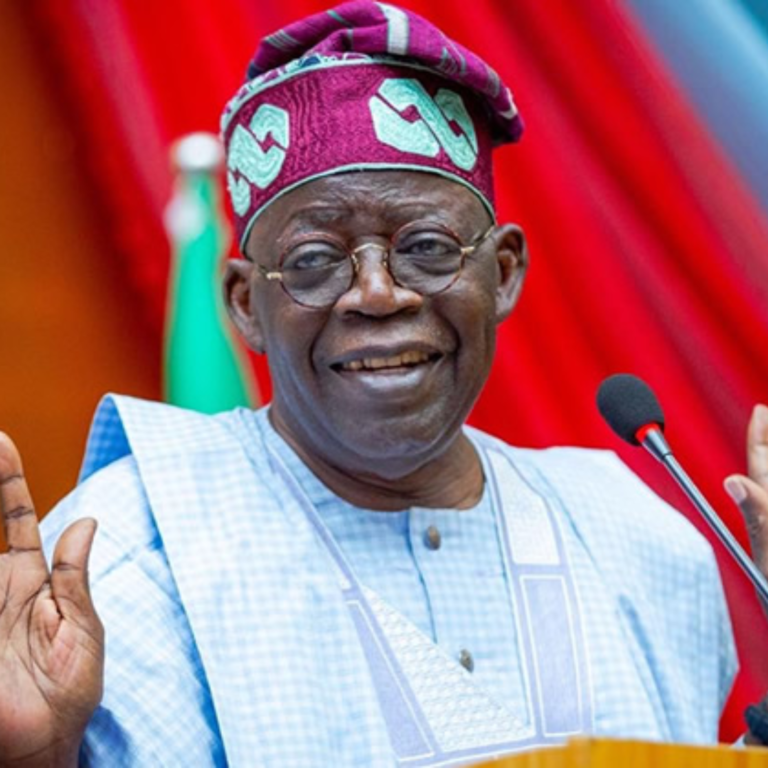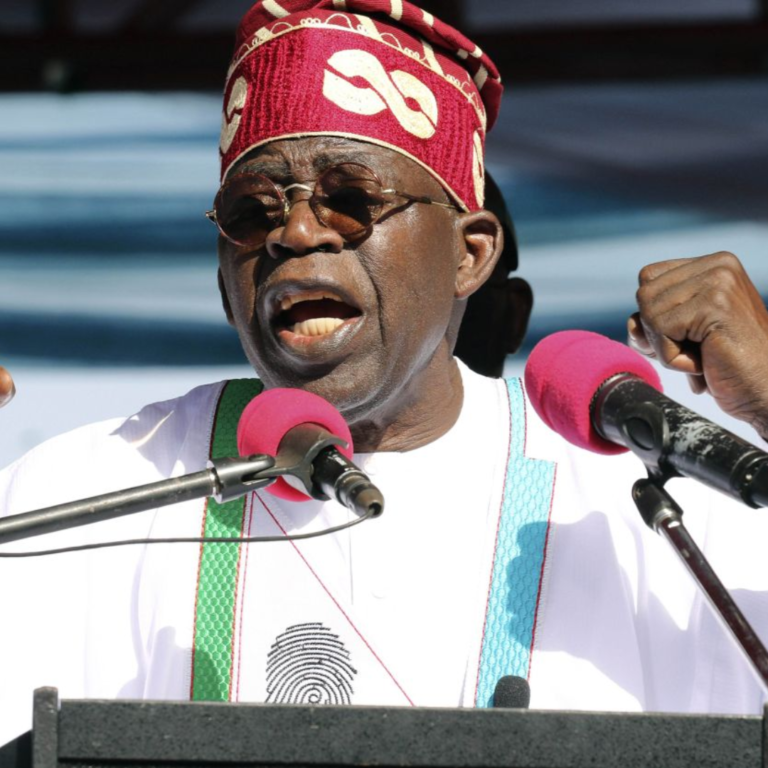The streets are saying the former governor of Delta State and former vice presidential candidate Ifeanyi Okowa has been arrested for allegedly diverting a whopping ₦1.3 trillion.
The streets are right because the Economic Financial Crimes Commission (EFCC) has confirmed to several media houses that it arrested the former governor on Monday, November 4.
At the moment, they have not released an official statement and are sort of keeping the whole story hush, but insiders at the commission who spoke to Punch Newspapers have given a bit more insight into the arrest. They explained that Okowa was arrested on Monday when he came to the EFCC’s Port Harcourt office at their invitation. According to them, the money the ex-governor allegedly diverted was a combination of the 13% derivation fund gotten from the federation account from when he was elected to office in 2015 to when he left in 2023.
If you are wondering what the 13% derivation fund means, it’s a share of all the revenue gotten from oil that the federal government distributes to states where oil is found. The idea behind this is that each state is supposed to use its 13% to develop itself and tackle any environmental issues that may have arisen as a result of oil exploration.
Apart from the money mentioned above, the EFCC is also investigating Okowa for allegedly diverting other funds to buy estates in Abuja and Asaba and also using the sum of ₦40 billion shares bought from major banks for the State’s LNG offshore project, for personal use.
What’s different about this case?
This news from the EFCC is wild, not only because he is a former governor. Nigeria has a history of governors stealing public funds for their personal use, but there hasn’t been a former governor who has stolen quite as much. For context, the EFCC reopened a fraud case against 13 ex-governors and some ministers in January 2024. The total money they allegedly stole is about ₦853.8 billion. This is almost twice the amount allegedly stolen by 13 governors.
Why is it important to monitor it?
Nigeria does not just have a long history of corrupt politicians who embezzle public funds for personal use. It also has a history of letting those politicians off the hook.
In 2022, Nigeria’s former President, Muhammadu Buhari, granted a presidential pardon to the former governor of Plateau State, Joshua Dariye, and the ex-governor of Taraba State, Jolly Nyame, who were both serving jail sentences for stealing public funds.
Nyame was sentenced to 12 years imprisonment for diverting ₦1.64 billion but ended up serving only two years. Dariye, on the other hand, was sentenced to ten years for ₦1.126 billion fraud, but he served only four years.
Most recently, in May 2024, the former governor of Kogi State, Yahaya Bello, was declared wanted by the EFCC for money laundering totalling about ₦80.2 billion. However, he has repeatedly evaded arrest and has failed to appear in court even though the case has been adjourned several times. The case is on track to be forgotten as the Federal High Court has adjourned it yet again to January 2025.
These are not the only reasons Okowa’s case deserves special monitoring. In May 2024, an anti-corruption group called The Network Against Corruption and Trafficking Initiative (NACAT) revealed that different people had submitted petitions against Okowa to the EFCC, which the commission ignored.
Also, in May 2023, the Association of Oil and Gas Producing Communities of Delta State, submitted a petition to the EFCC stating specifically that Okowa had looted the 13%derivation funds. In October, they sent the EFCC a reminder but there was still radio silence from them. In January 2024, the association complained again about this silence because, according to them, Okowa and his loyalists had been bragging about the petition being dead on arrival.
“We are, however, worried about the slow pace, which is giving an impression that indeed Senator Lfeanyi Arthur Okowa and his cohorts are above the law and, as such, can neither be invited nor prosecuted,” they said.
We are not predicting that Okowa’s case will be swept under the rug, but considering that the EFCC has been slightly accused of siding with him and also considering that crazier things have happened in Nigeria, it’s not out of place to shine the light on his case.
What can citizens do to ensure justice is served?
The ₦1.3 trillion allegedly stolen by Ifeanyi Okowa were funds meant for developing Delta State and taking care of communities affected by oil exploration. According to these communities, the funds were never used, and they currently cannot do much farming or fishing to sustain themselves.
If you want to ensure that this case is not forgotten or unresolved, you can do the following:
- File a Freedom of Information (FOI) request,demanding to see reports of funds allocated to Delta State when Okowa was in charge.
- Start online petitions on platforms like this, demanding justice
- Consistently talk about it on social media using hashtags
- If it seems like the case is dying down, reach out to your representatives in the National Assembly to question the EFCC.



